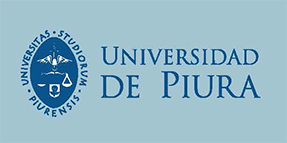La asignación económica por hijo discapacitado a cargo en el sistema español de Seguridad Social
Keywords:
Families with disabled children, Spanish Social Security System, child benefitAbstract
Article 39.1 in the Spanish Constitution of 1978 entrusts public authorities with the
mission to ensure the social, economic and legal protection of the family. Within this
constitutional framework, the Spanish government approved the Comprehensive Plan
to Support the Family (2015-2017) on the 14th May 2015. This plan is structured
along seven strategic lines, the first of which is the socio-economic protection of the
family. One of its specific measures consists of studying the improvement of benefits
for dependent children or minors in foster care.
The allowance for a dependent child or foster child is a family benefit under the
Spanish Social Security System. It is non-contributory [Article 86.2.b Royal Legislative
Decree No 1/1994] and therefore doesn’t require a beneficiary to pay social security
contributions as it is sustained by general taxation. Currently Article 181.a of the Royal
Legislative Decree No 1/1994 and Article 3.a of the Royal Decree 1335/2005 govern
this allowance. They entitle the recipient to apply for it for each dependent child
(biological or adopted) or a minor foster child under 18, whether they are disabled
or not. They also allow for each child or dependent over 18 affected by a disability
of a minimum of 65%.
This study doesn’t examine the aforementioned family benefit in its entirety but instead
focuses on analyzing the legal issues in the case of a dependent disabled child.
In particular the study delves into the legal requirements for the disabled child. On
occasion the author makes some considerations and de lege ferenda proposals. These are
made with the humble intention of trying to improve rules and regulations on this
matter and thereby making progress on the protection of families in general and in
particular for those families with disabled children.






